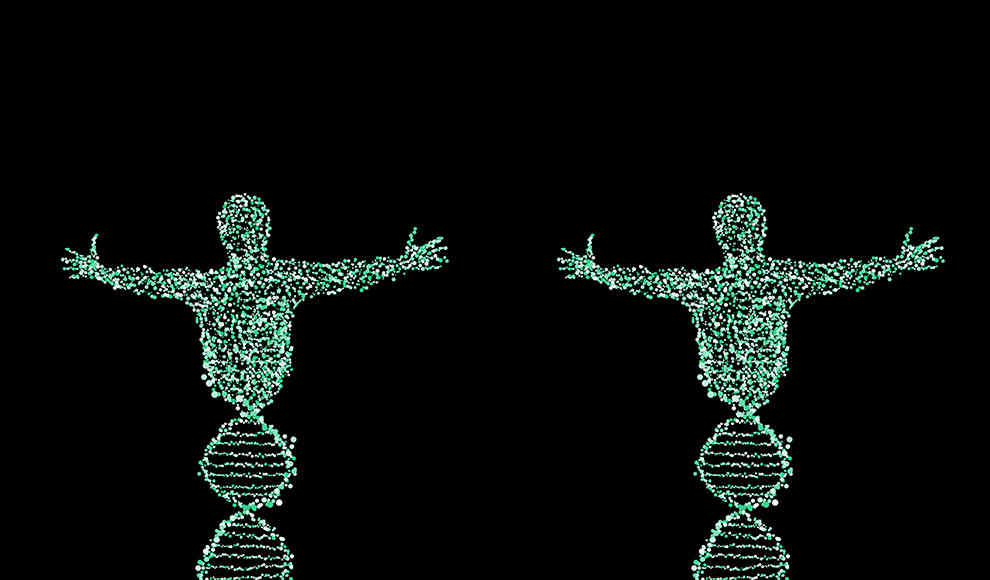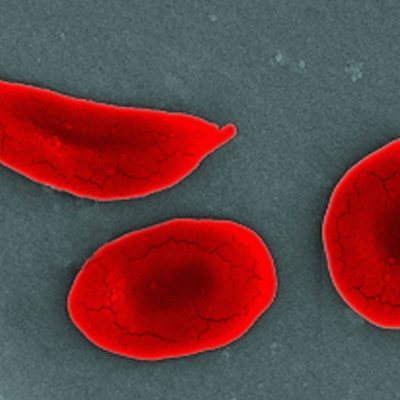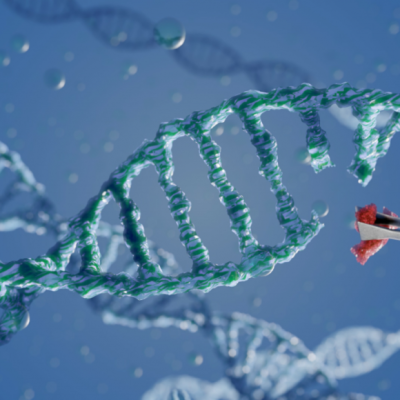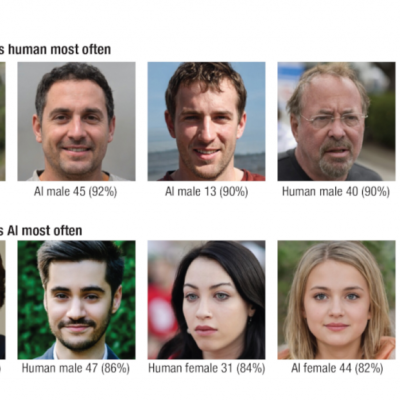In a groundbreaking development, Chinese doctors have announced the birth of twin girls whose genes were manipulated using the CRISPR/Cas9 gene-editing tool. While the genetic modification has made the babies immune to the HIV virus, the ethical implications of the procedure are highly controversial. The babies, named Lulu and Nana, were born healthy and are the first humans to have undergone the CRISPR/Cas9 procedure in the embryo stage. However, there is no scientific publication on the genetically modified babies yet, only a record in the Chinese medical test registry.
The news of the genetically modified babies has sparked outrage among experts and the public alike. The German Ethics Council has called it a scandal, and the chairman of the council, Peter Dabrock, has labeled it an “irresponsible human experiment.” The use of CRISPR/Cas9 in humans is still in the early stages of research, and the potential risks and long-term effects are not yet fully understood. The announcement of the birth of the genetically modified twins comes just a day before the international summit on Human Genome Editing, which will take place at the University of Hong Kong.
The use of CRISPR/Cas9 in humans has been a topic of debate among scientists and ethicists for years. While the technology has the potential to cure genetic diseases and prevent inherited disorders, the risks of unintended consequences and the possibility of creating “designer babies” have raised serious ethical concerns. The birth of Lulu and Nana has brought these concerns to the forefront, and experts are calling for stricter regulations on the use of gene-editing tools in humans. The scientific community is now faced with the challenge of balancing the potential benefits of gene editing with the ethical implications of manipulating human genes.










